-
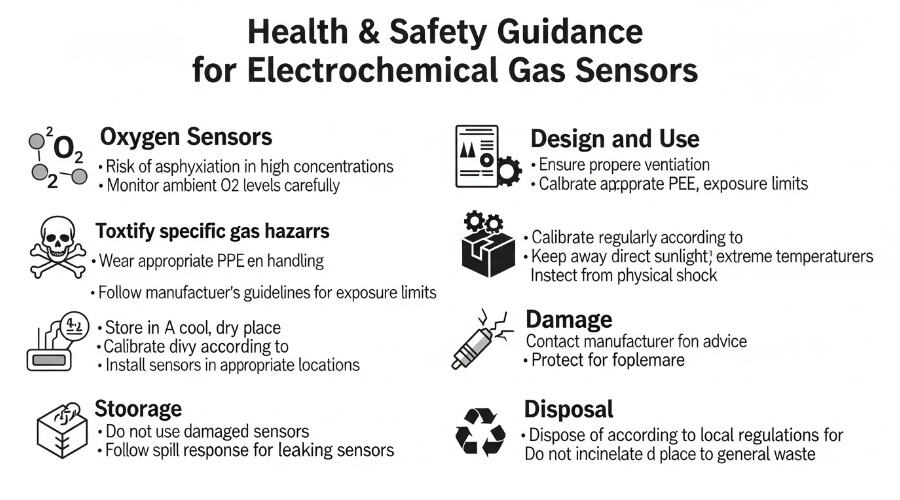
Health & Safety Guidance for electrochemical Gas Sensors
2025/09/15CiTiceL electrochemical gas sensors are sealed components that pose no chemical hazards under normal use, complying with the "Control of Substances Hazardous to Health Regulations (COSHH)" and the Health and Safety at Work Act 1974. However, leaks ca...
Read More -
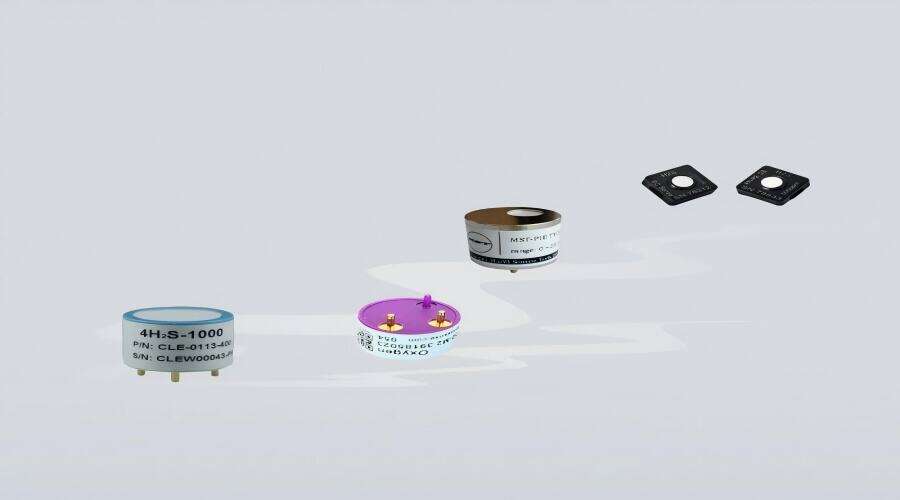
The instructions for use of electrochemical sensors
2025/09/15The sensor consists of three electrodes: the working electrode, the counter electrode, the auxiliary electrode. The reference electrode, and acting as a stable potential point, is connected to the working electrode, allowing for a relatively accurate...
Read More -

The storage of electrochemical gas sensors
2025/09/15Point 1. Sensors must not be stored for more than six months and must be stored in a sealed container at 0-20°C in clean environment. Point 2. Sensors should not be stored or used in environments with liquid vapors and organic vapors, ...
Read More -
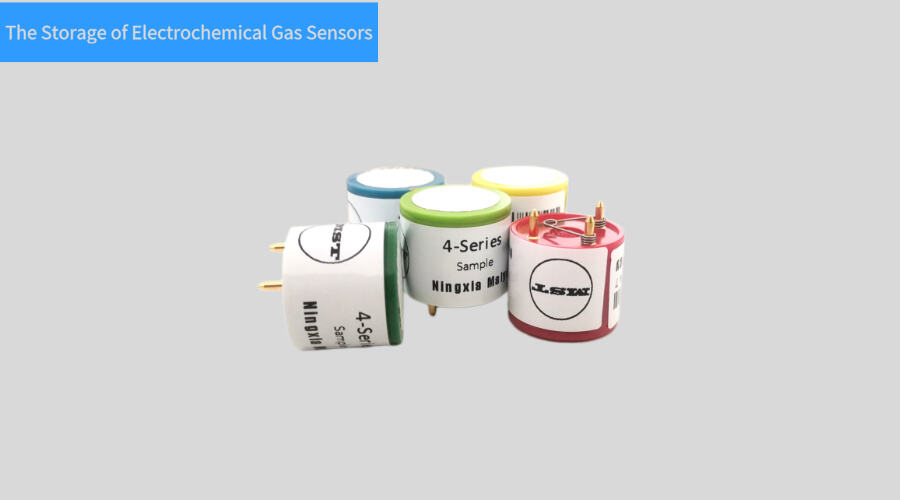
A few things to know about electrochemical sensors
2025/09/15The core principle of electrochemical sensors is electrochemical reactions, which convert the concentration signal of the target gas (or analyte) into a measurable current or voltage signal. Based on continuous practical experience in using electroch...
Read More -
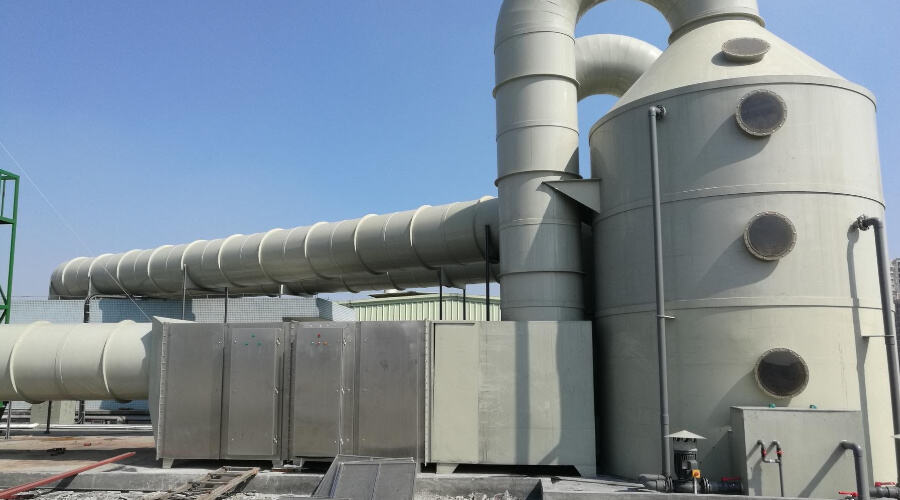
Is Propylene (C₃H₆) Leak Always Hard to Detect? "Olfaction" Upgrade Plan for Old Petrochemical Plants
2025/09/12I. Why Are Trace Propylene (C₃H₆) Leaks Always Missed? In an ethylene plant area, an operator noticed a slight leak at the seal of a propylene compressor, but the handheld detector showed "0ppm". It only alarmed when the concentration rose...
Read More -
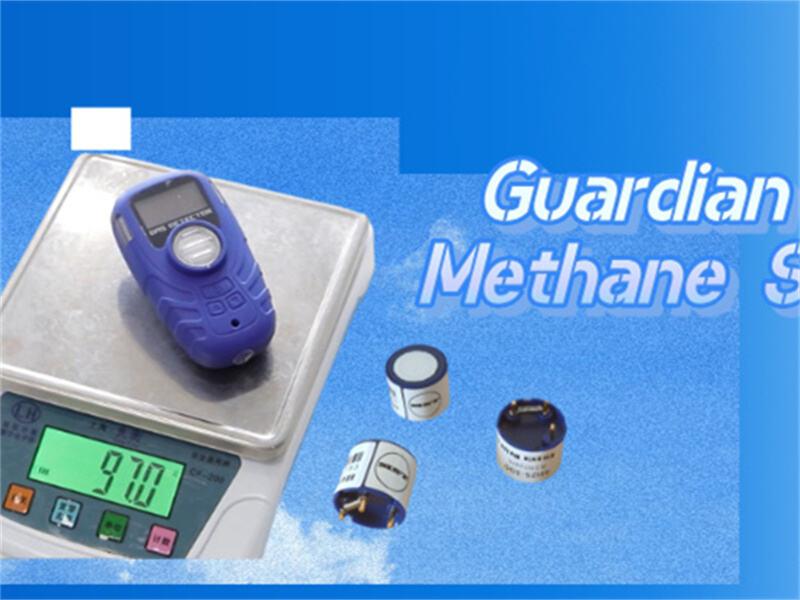
Hydrogen Sulfide (H₂S) Protection: The Lethal Crisis Behind the Rotten Egg Odor
2025/07/10I. The Dual Faces of H₂S: Coexistence of Warning and Extreme Toxicity Hydrogen sulfide (H₂S) has a unique "rotten egg smell," yet it is also a highly toxic neurotoxin. It can be detected by the sense of smell at low concentrations (0.13ppm), but high...
Read More

